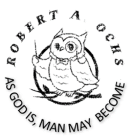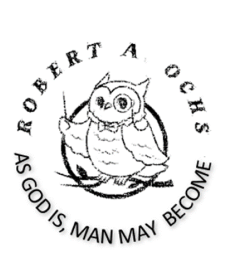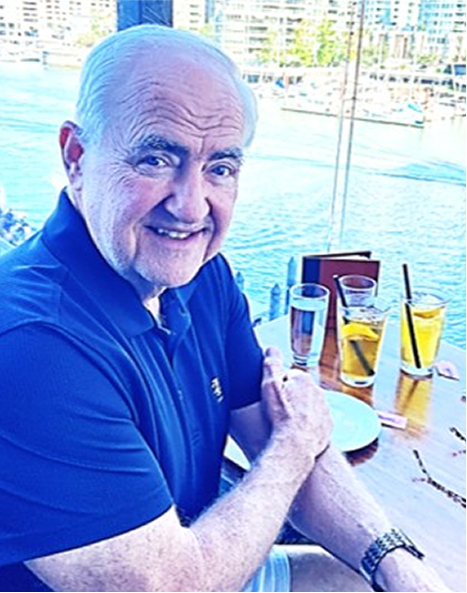As Robert Ochs and Carol deepened their search for faith in Finding the Nature of Christ, their path started to turn away from basic teachings toward something harder: the confrontation of history, tradition, and inherited ideas. In Blog 5, we explore the pivotal chapter of their journey when doctrine and personal conviction clash, and the true cost of belief starts to reveal itself.
After their classes with Ron Benedict, Robert and Carol started delving into the subject of apostasy what Ron had defined as the methodical drift from the original teaching that was founded by Christ. While the previous lessons on the Gospel or priesthood were more about doctrine, this one had a historical significance. It wasn’t so much about belief; it was about how changes, politics, and power over centuries had influenced the very manner in which people practiced Christianity.
Ron did not present these lessons in opinion. He guided them through history through the Reformation, the Council of Nicaea, and how pagan traditions were merged into early Christian forms. He referenced Paul and Amos to point out how prophecy itself had foretold of such a falling away. For Carol and Robert, it was enlightening. These weren’t assaults on other churches; these were contemplations on how even good-intentioned institutions could stray from their foundation.
Carol, a Baptist upbringing, wrestled with some of what she was hearing. Her pastor had always depicted the RLDS Church in unsettling language, and yet, here she was, listening to biblical justification for concepts she’d never dreamed of. As Ron read from Timothy and Thessalonians concerning false teachers and doctrine, it wasn’t condemnation. It was about awakening an invitation to consider faith in light of both scripture and history.
What’s compelling here is how human it reads. Robert and Carol don’t leap to judgment. They take a minute. They think. They question. And when Robert calls Carol on what he perceives as her misunderstanding of her pastor’s teachings like whether she really thinks RLDS members are making food for Christ’s return there is no mockery. Only curiosity and a request for understanding.
Their discussions move from scholarly to intensely personal. They start to inquire: Who dictates truth? Is tradition correctness? How is spiritual lineage involved in determining our current decisions? Carol, being apprehensive, decides to continue to explore with Robert. Their love becomes a bridge, not a battlefield.
One of the most poignant moments comes when Robert describes a dream in which the voice of his grandfather urges him to press on. It is a symbolic throwback to centuries of spiritual explorers those who quietly wondered, yearned, and supposed there had to be more. It is also a reminder that faith, when genuinely sought, frequently exceeds the expectations of any one denomination or denomination.
The action leads to a turning point. Carol, who has been resistant to the teachings of the RLDS, starts to thaw not under duress but due to empathetic understanding. She and Robert agree to visit other churches and continue Monday night sessions with Ron. A decision seemingly straightforward is actually brave. It represents a departure from rabid devotion to tradition and a move toward examined, voluntary faith.
This blog reminds us that questioning doesn’t equal rejecting. It equals caring enough to know what we believe and why. The investigation into apostasy in the life of Robert isn’t about destroying it’s about reconstructing. It’s about questioning, as many of us do in our quiet times, whether or not today’s church really represents the words of Christ or if along the journey, perhaps along the way, the message got confused.
As their tale continues on, the consequences of their choices start to reveal themselves. Relationships are strained, ideologies are reformed, and the course is delineated though not made simpler. But what’s left is their common courage to continue on, continue to learn, and continue to listen for that still small voice.
In the second chapter of their lives, Robert and Carol will reap the results of what they sow both in their families and their communities of faith. It is here that their beliefs will be tested, and their allegiance to truth will become paramount.


